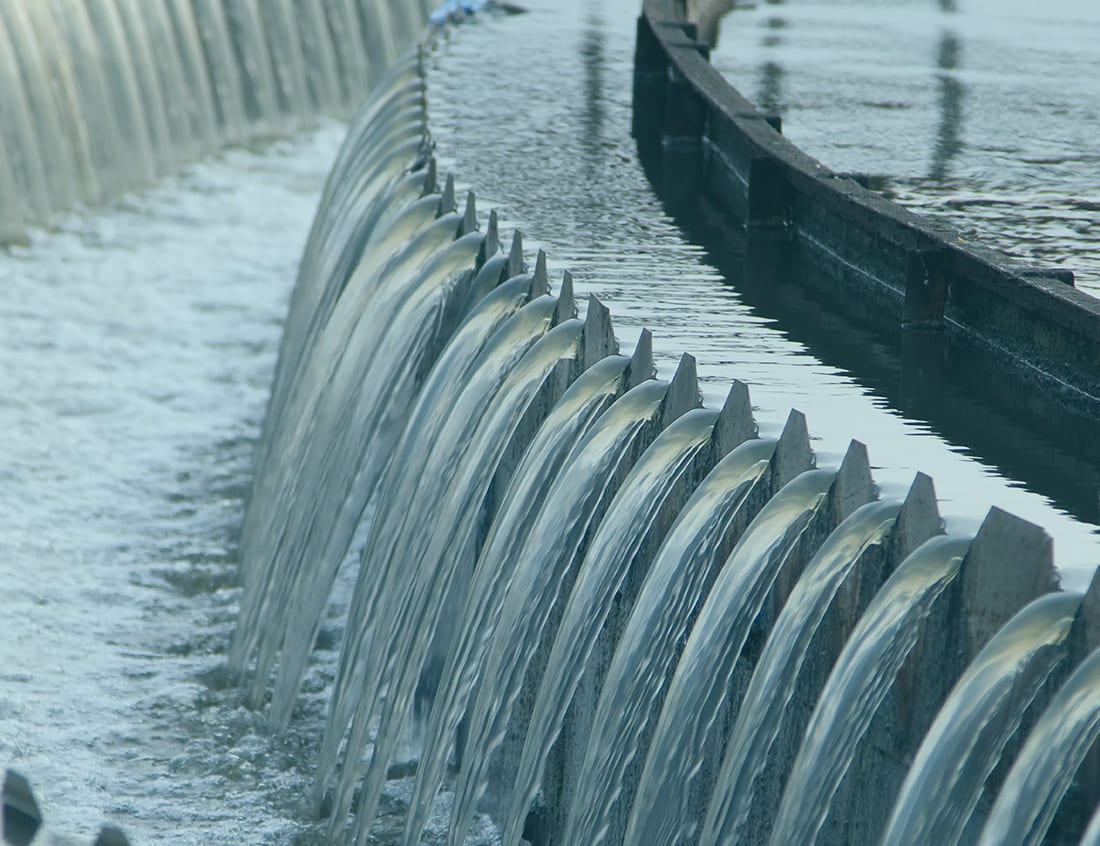Wastewater Chemicals – What Are The Most Common?
Common Pollutants and Chemicals in Wastewater
Wastewater is the water that has been used in homes and businesses, and it contains a wide range of pollutants, including harmful chemicals. The most common pollutants in wastewater include:
- Nutrients: Nitrogen and phosphorus are the most common nutrients. They come from human waste, food, and certain soaps and detergents. Nutrients can cause algae blooms in lakes and rivers, which can deplete the water of oxygen and harm aquatic life.
- Pathogens: Pathogens are microorganisms that can cause disease, such as bacteria, viruses, and parasites. They can come from human and animal waste, as well as from food processing and other industrial activities. Pathogens can cause a variety of illnesses, including gastroenteritis, cholera, and hepatitis A.
- Organic matter: Organic matter is any material that comes from living organisms, such as food scraps, grease, and oils. Organic matter can decompose and consume oxygen in the water, which can harm aquatic life.
- Metals: Metals, such as lead, mercury, and cadmium, can enter wastewater from industrial activities and storm water runoff. Metals can be toxic to aquatic life and humans.
- Other chemicals: A wide range of other chemicals can be found in wastewater, depending on the sources of the wastewater. These chemicals may include pesticides, herbicides, pharmaceuticals, and personal care products.
Common Treatments
Wastewater treatment plants use a variety of processes to remove chemicals and other pollutants from wastewater. The most common wastewater treatment chemicals include:
- Coagulants and flocculants: Coagulants and flocculants are chemicals that help to remove suspended solids from wastewater. They work by causing small particles to clump together into larger particles that can be more easily removed.
- Disinfectants: Disinfectants are used to kill pathogens in wastewater. The most common disinfectant used in wastewater treatment is chlorine.
- pH adjusters: pH adjusters are used to adjust the pH level of wastewater to the optimal level for the treatment process.
- Other chemicals: Other chemicals may be used in wastewater treatment for a variety of purposes, such as to remove specific pollutants or to control corrosion.
The selection and use of wastewater treatment chemicals is carefully controlled to ensure that the treated wastewater is safe for discharge into the environment. Wastewater treatment plants are also required to monitor the quality of the treated wastewater to ensure that it meets all applicable standards.
Why Chemicals Important?
These chemicals play a vital role in protecting public health and the environment. By removing pollutants, we help to prevent the spread of disease and protect aquatic life. These chemicals also help to improve the quality of water that is discharged into the environment, making it safer for swimming, fishing, and other recreational activities.
Challenges
Chemicals can be hazardous if they are not handled and used properly. It is important to follow all safety guidelines when working with chemicals. Chemicals can also be expensive, and wastewater treatment plants must carefully manage their use to minimize costs.
Conclusion
Chemicals are essential for the safe and effective treatment of wastewater. By removing pollutants from wastewater, we help to protect public health and the environment. However, it is important to use these chemicals safely and responsibly. For more information on treatment chemical, contact us.

